Microsoft to pay for grants at MIT.
Published:
7 October 1999 y., Thursday
Microsoft has unveiled a partnership with the Massachusetts Institute of Technology (MIT) in which the No.1 software maker will donate $25 million to the school for technology research grants. "Project I-Campus" will be based at MIT and involve MIT faculty and students and Microsoft researchers. The program is the largest educational research donation ever made by Microsoft. The funds will be awarded by a committee of Microsoft executives and MIT professors and administrators. The grant is the latest in a growing number of collaborations between schools seeking additional funding and corporations eager to expand their products and technology into classrooms and research laboratories. "Microsoft views education as one of the great frontiers where information-based services and advanced technology can improve people_s lives," said Richard Rashid, vice president of Microsoft_s research division. Three Microsoft executives will sit on the six-member committee that awards the grants, giving the Redmond-based software giant a say over what research is funded. Funds won_t be funneled to projects that support only Microsoft products. The alliance will begin by researching how information technology can improve three MIT programs, including a graduate-level engineering course taught simultaneously in Singapore and at MIT. The project also is expected to focus on developing tools to aid student learning from a distance, Web-based virtual museums and "global classrooms." Microsoft Chairman Bill Gates has made education a top philanthropic goal. Gates pledged last month to donate $1 billion for college scholarships for minority students. The "Gates Millennium Scholars Program" will provide 1,000 scholarships each year for 20 years to Asian-American, African-American, Hispanic and Native American students.
Copying, publishing, announcing any information from the News.lt portal without written permission of News.lt editorial office is prohibited.
The most popular articles

The European Commission announced today the award of three of the six contracts for the procurement of Galileo’s initial operational capability.
more »
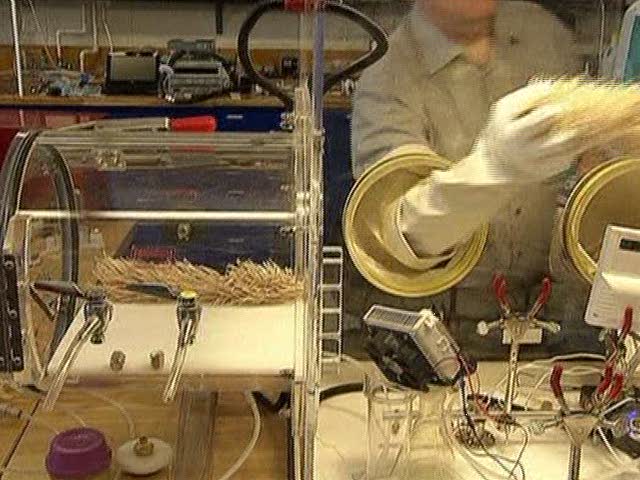 Scientists at New York's Columbia University are developing a synthetic tree that removes CO2 from the atmosphere. The researchers say the tree, if mass produced, could make a significant difference to the quality of the air we breathe.
more »
Scientists at New York's Columbia University are developing a synthetic tree that removes CO2 from the atmosphere. The researchers say the tree, if mass produced, could make a significant difference to the quality of the air we breathe.
more »
 ZenRobotics Recycler is a robotic waste sorting system. Built with off the shelf industrial robotics components, the system utilizes machine learning to separate raw materials from waste.
more »
ZenRobotics Recycler is a robotic waste sorting system. Built with off the shelf industrial robotics components, the system utilizes machine learning to separate raw materials from waste.
more »
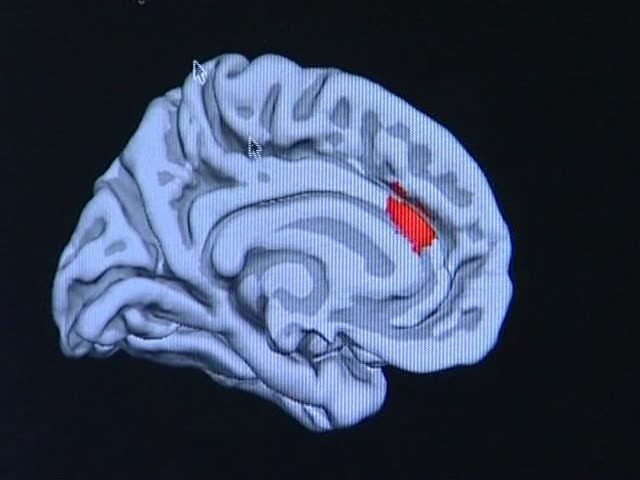 Scientists in the UK have revealed that people with opposing political views have different brain structures. The London University College researchers say the part of the brain that processes emotional reactions is larger in conservatives than in liberals.
more »
Scientists in the UK have revealed that people with opposing political views have different brain structures. The London University College researchers say the part of the brain that processes emotional reactions is larger in conservatives than in liberals.
more »
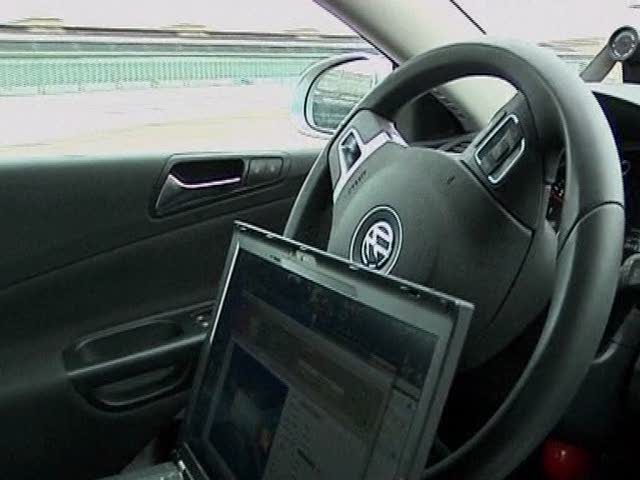 German scientists are developing technology which allows a person to steer and drive a car using brain power alone. Using a cap fitted with sensors and an onboard computer, the researchers are able to control their experimental Volkswagen, just by thinking about it.
more »
German scientists are developing technology which allows a person to steer and drive a car using brain power alone. Using a cap fitted with sensors and an onboard computer, the researchers are able to control their experimental Volkswagen, just by thinking about it.
more »
 A German company is testing a giant battery which it hopes will be able to store enough solar and wind energy to supply an entire community. The trial is taking place on Portugal's Azores island of Graciosa.
more »
A German company is testing a giant battery which it hopes will be able to store enough solar and wind energy to supply an entire community. The trial is taking place on Portugal's Azores island of Graciosa.
more »
 Japan's devastating earthquake of March 11 has raised concerns among geoscientists that the West Coast of the United States is likely to be next.
more »
Japan's devastating earthquake of March 11 has raised concerns among geoscientists that the West Coast of the United States is likely to be next.
more »
 „Duolingo“ is the latest project of Luis von Ahn, who is working for “Google”. It has been blowing up on Hacker News for the past day, though not too much is known about it.
more »
„Duolingo“ is the latest project of Luis von Ahn, who is working for “Google”. It has been blowing up on Hacker News for the past day, though not too much is known about it.
more »
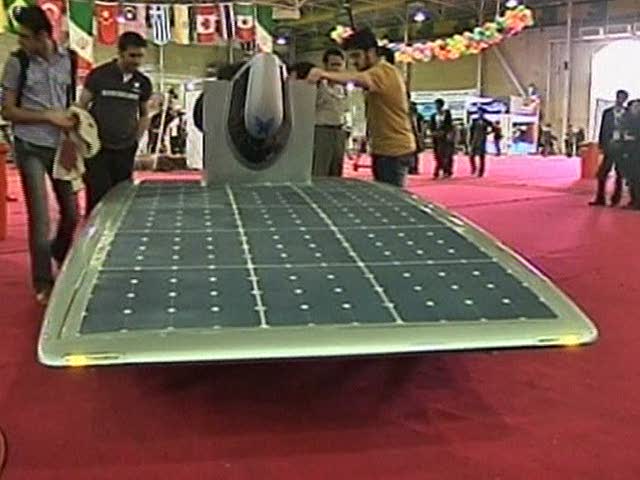 University students in Iran have developed their own version of a solar-powered car. The environmentally-friendly 'Havin' can travel up to 130 kilometers an hour.
more »
University students in Iran have developed their own version of a solar-powered car. The environmentally-friendly 'Havin' can travel up to 130 kilometers an hour.
more »
 Researchers in California have created a way to place a call on a cell phone using just your thoughts.
more »
Researchers in California have created a way to place a call on a cell phone using just your thoughts.
more »
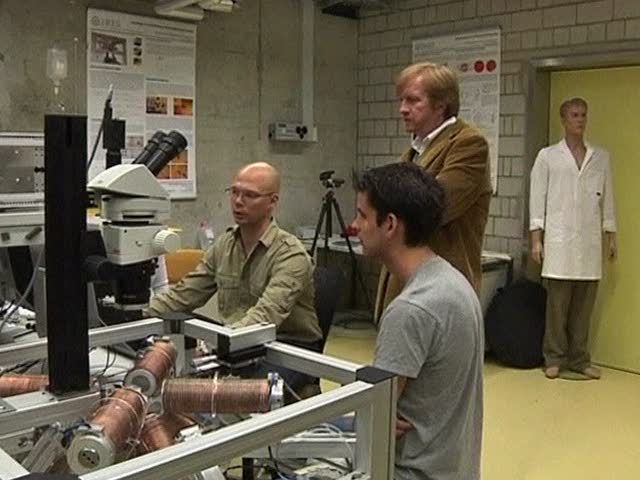 Researchers in Switzerland are perfecting a robot small enough to be injected into your eye without anaesthetic. The team say their device could carry drugs to the exact position they are needed or even carry out minor operations.
more »
Researchers in Switzerland are perfecting a robot small enough to be injected into your eye without anaesthetic. The team say their device could carry drugs to the exact position they are needed or even carry out minor operations.
more »